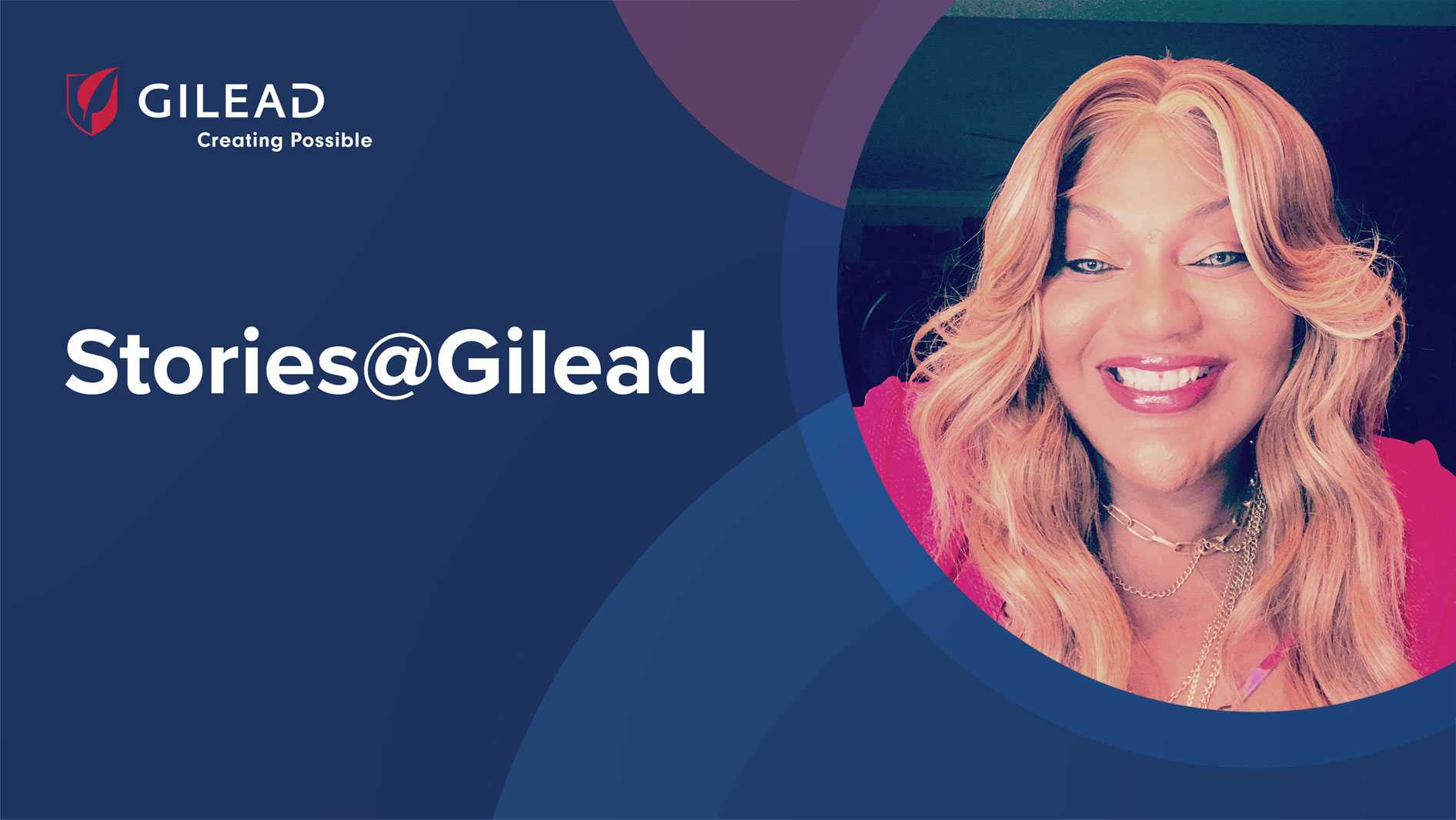Share Article
When Tatiana Williams was growing up as a young Trans woman in Florida, she faced many challenges and hardships – but she didn’t find many resources available to her.
“Like a lot of my friends, it was hard to have stable housing and I participated in sex work for survival,” says Tatiana. “I had friends losing their lives to senseless murders or complications from HIV.”
It was at a support group for sex workers that Tatiana began to think more expansively about what she and her friends needed to stay safe and healthy. To create change, she began speaking to those in positions of power, and in doing so was elected to the Transgender Health in Action group for the Florida Department of Health, which provides peer-on-peer workshops for the Trans community addressing issues such as health, safety and stigma..
Additionally, Tatiana’s passion to help her community find a safe space and connections to resources led Tatiana to create Transinclusive Group, a Black-led Trans people’s rights advocacy group in Florida. The organization offers everything from helping to change individuals’ gender on state IDs, to HIV counseling and job training – all the things Tatiana herself was looking for decades earlier.
Gilead TRANScend grantee
But the needs of the community are constantly evolving, and Tatiana saw firsthand how housing instability can have an impact on health and wellbeing. This year, she implemented a plan to remedy that – and with the support of a Gilead TRANScend grant, the Transinclusive Group opened a peer-run seven-bed housing program called CHOICES. The program is designed to be transitional. Residents can stay six months or so in housing and receive preventative healthcare, financial advice, job training and one-on-one case management.
“In this space, we can connect through our shared life experiences,” says Tatiana. “A lot of our community members are experiencing challenges in their life so their healthcare kind of goes on the back burner. Here, we're able to keep them engaged in care and up to date with their doctor visits. We're hoping in the six months they’re with us, they’ll be able to move on to the next phase in their life.”
The program is off to a great start, but already the need is outweighing the supply. The housing program isn’t equipped to handle people with severe mental health issues, for example, and it doesn’t have the security capacity to assist those fleeing from violence.
“People are always reaching out, but we only can do what we can do,” Tatiana says. “Our goal is to be able to use this model and utilize the data we gather to see if we can get additional support, and maybe a larger space.” This model of peer-run housing programs for Trans individuals adds an invaluable resource to the region.
“You are in a space where you know people understand your story and situation and are not going to judge you,” Tatiana says. But her bigger goal is not just moving people out of a crisis situation but building a stronger community for the future. “How do we get to resiliency? How do we improve our quality of life together?” she asks. The key, Tatiana is sure, lies in community.
“We're doing this together and you're not alone,” says Tatiana. “We understand you, we see you and we’re meeting you exactly where you are.”

